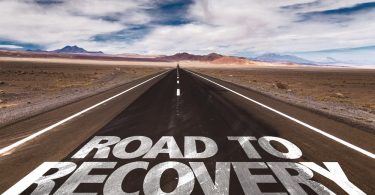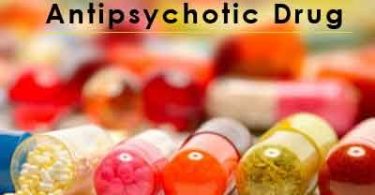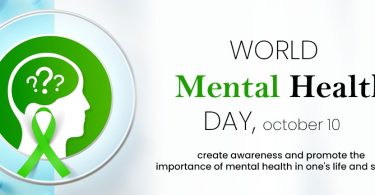World Homeopathy Day is celebrated on April 10 every year. This day aims at marking the importance of homoeopathy and its contributions to traditional medicine. This day also honours the memory of Dr. Christian Friedrich Samuel Hahnemann — the founder of homoeopathy. Samuel Hahnemann was born on 10th April, 1755 and grew up in Meissen, Saxony in Germany. Master Hahnemann introduced us with the divine therapeutic science and art of curing people in a harmonic way !
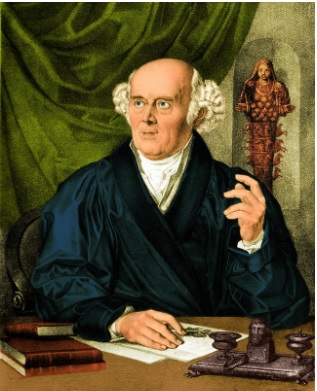
Hahnemann was the 3rd and eldest child of his parents. His father, Christian Gottfried Hahnemann (1720- 1787) was a Porcelain painter. Mother- Johanna Christiana Spiess. Died in 1790.
Early days of Childhood
Hanemann’s father was a preceptor in his life and had a big influence on his character. He had the soundest idea of “What may be considered good and worthy” and he implanted them deeply in the mind of his son as well.
When Hahnemann was 5 years of age, his father had a habit of giving his son what he called “Thinking Lessons”.
Education
His earliest school was Town School of Meissen. At the age of 16 he attended the Prince School of Meissen. The rector of the school was Magister Muller, who loved Hahnemann as his own child and taught him ancient languages.
He received his medical degree in Erlangen in 1779. From Erlangen University he got his M.D, for the thesis “A consideration of aetiology and therapeutics of Spasmodic affections.
The Marriage
In 1782, at the age of 27 years on the 17th of November he got married to Johanna Henrietta Leopaldine Kuchler (9 yrs young). They had 11 children during the years of 1783 AD- 1806 AD.
HISTORY OF WORLD HOMEOPATHY DAY
Homeopathy comes from ‘homeo’ and ‘pathos,’ Greek words. Homeo means similar and pathos means suffering or disease. The founder of homeopathy was Samuel Hahnemann, a French physician, scientist, and great scholar. During his first 15 years as a physician — while struggling desperately to make a living — he made a discovery. It was the time in 1790 Hahnemann was busy in translating Dr. William Cullen’s “A treatise on the Materia Medica”. Hahnemann was not satisfied with the explanation given in the book so he experimented on himself with the Peruvian Bark (Cinchona Bark ) to explore its curative power. He believed that if patients had an illness, they had to be given the ingredients that induce symptoms of the said illness to cure the disease. Thus, if a patient was suffering from severe fever, he was given a medicine that in a healthy person would provoke a high fever. Hahnemann claimed to be able to compile a selection of appropriate remedies, by a process he called ‘proving’. This gave rise to a famous aphorism “like cures like.”
Homeopathy is used to treat a variety of diseases, for example, allergies, migraines, depression, chronic fatigue syndrome, rheumatoid arthritis, irritable bowel syndrome, and premenstrual syndrome. According to the “National Institute of Health,” more than six million people use homeopathy to treat specific health conditions in the U.S., and over 200 million people use homeopathy on a regular basis worldwide.
World Homeopathy Day Timeline
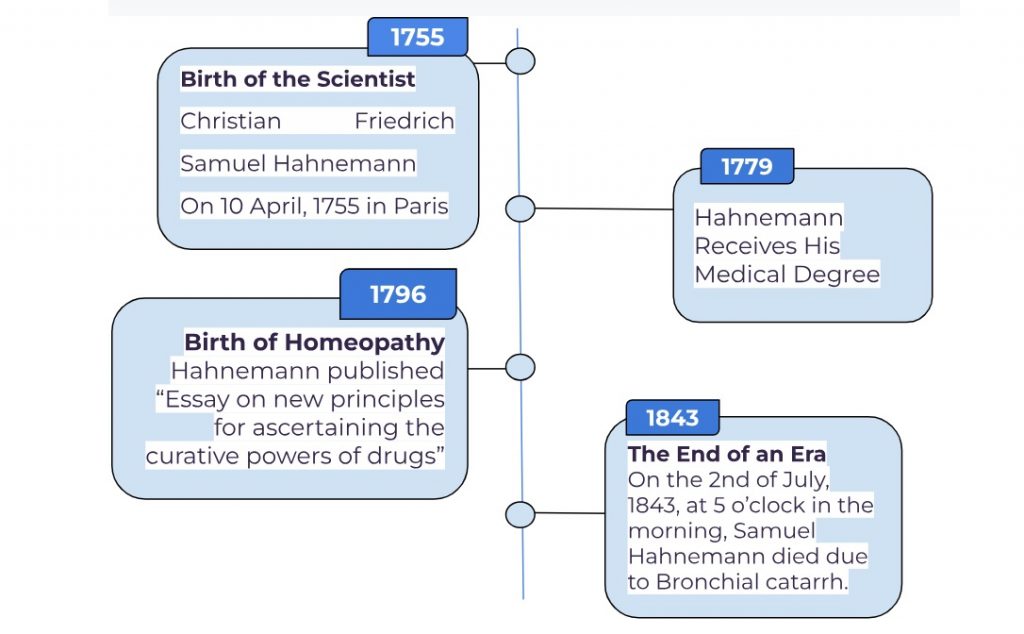
- Homoeopathy is also an art.
Homoeopathy is not only a science but also an art. - Homeopathy has a rich history in India
Homeopathy first entered India in 1810 when German missionaries began distributing the medicines. It received a fillip in 1839 when Dr John Hoenigberger was called to treat Maharaja Ranjit Singh for paralysis of vocal cords and edema. The first homeopathic medical college in India was established in Calcutta in 1881, and since then, homeopathy has become an integral part of the country’s healthcare system.
- Homeopathy is based on the principle of ‘like cures like
Homeopathy is based on the principle of ‘like cures like’, which means that a substance that can cause symptoms in a healthy person can cure those same symptoms in a sick person. Homeopathic remedies are prepared using a process called potentization, which involves diluting and succussing (shaking) the original substance. The more a remedy is potentized, the more powerful it becomes.
- Homeopathy is a recognized science
According to the World Health Organization (WHO), homeopathy is the second largest system of medicine in the world. Homeopathy is recognized as a system of medicine by the government of India and is regulated by the Ministry of AYUSH (Ayurveda, Yoga & Naturopathy, Unani, Siddha, and Homeopathy). There are more than 230 homeopathic medical colleges in India, and the country has over 3 lakh registered homeopathic practitioners In 2005, the World Health Organization brought out a report that showed homeopathy was beneficial.
- British Royal Family Uses Homeopathic Medicines
Recently, King Charles has appointed a Homeopathic doctor to head the medical wing of the royal household.


